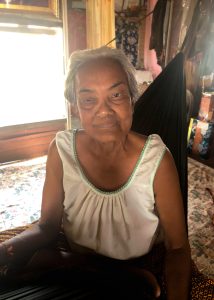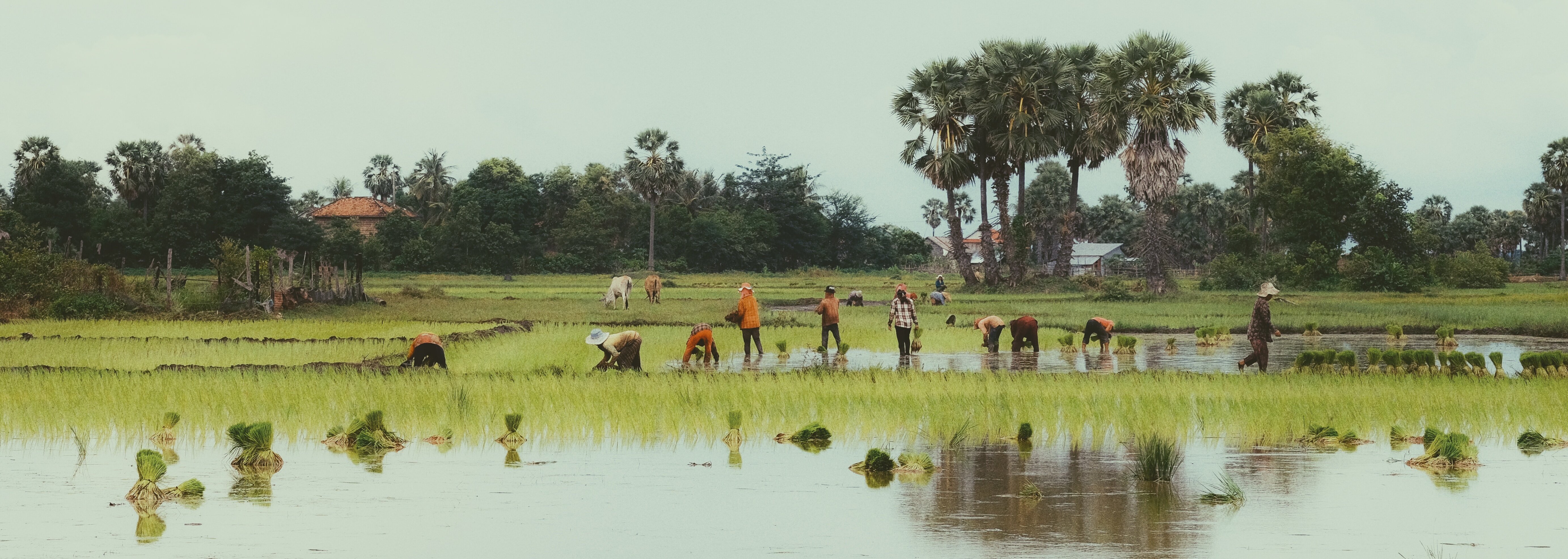By Thomas Barrett, Project Assistant –
My understanding of resilience has been completely transformed over the course of my time working with the Cambodian Oral History Project.
I recently returned home from living in Cambodia, having engaged in volunteer missionary service for the Church of Jesus Christ of Latter-day Saints over the course of two full years. Those years had been turbulent for me, having made a diligent effort to learn the Cambodian language and serve their people despite the rise of the COVID-19 pandemic and the subsequent upheaval that plagued the individual lives of people. Coming home wasn’t a relief from difficulties either, because as soon as I stepped foot into America, I faced a whole new challenge— holding on to everything I learned in Cambodia.
It was at this time that I discovered the Cambodian Oral History and began to assist in translation. Over the course of the next eight months, I listened to almost 200 full interviews and engaged in over a dozen translation projects in an effort to make these profound stories available to so many more people. And while those statistics are excellent to measure the project’s growth, the more profound statistic to me personally was the growth of perspective and respect for the Cambodian people I saw in myself. Over the course of the two years I spent serving and speaking with the Cambodian people, it had been easy to see the traces of their turbulent past everywhere. It is written all over their culture, their interactions with others, and their language… but I never could begin to comprehend the pandemonium of the Pol Pot regime until I returned home.

I recently translated an interview of one Khun Soeun that didn’t initially command much attention. It was a project that had been put off because of the quality of the recording, issues with transcription, and difficulty to translate. After I began to dive deeper into the translation, however, a whole new world opened up in front of me. This story wasn’t just a record of vital information or a list of relatives. Instead, this woman painted her experience as a story of her surviving the Pol Pot regime. She was one of the very few to survive a reeducation camp after the regime suspected her of being a spy. She went into great detail about the experience, explaining her manual labor and her poor living conditions. As I was reading all of these details, she made sure to include this simple statement:
If it rained, it rained. If it was windy, it was windy… I just endured it, I wasn’t willing to give up!
What she said shook me to my core. It was almost as if she was saying right to me, “no matter what happens, just endure it! Don’t ever give up!”
There is something quite profound that happens when an interviewee not only clearly informs us about a historical event, but also allows readers and listeners to catch a glimpse into the humanity that makes up all of us. I fully understand that my circumstances and personal difficulties in my own life are going to be vastly different from all people across the world and throughout all history. But it is a special privilege when you can hear a voice calling out from the past, “don’t give up!”
By: Thomas Barrett
Thomas Barrett is a project assistant studying geography at Brigham Young University. If you would like to read the whole interview of Khun Soeun, her translation is available here: Khun Soeun
